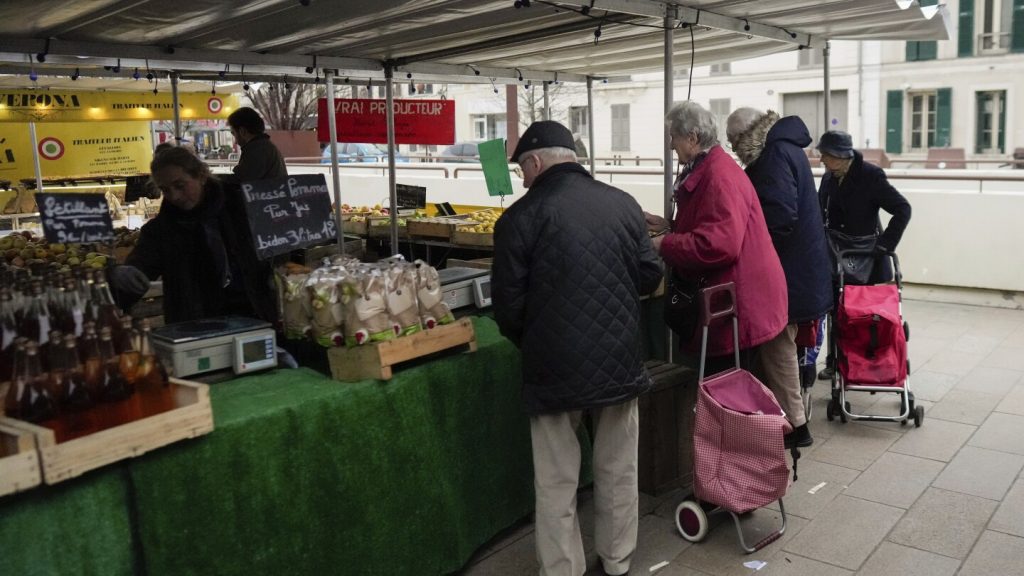The French government has rolled out a new rule to combat “shrinkflation,” a deceptive practice in which products become smaller but their prices remain the same or even increase. Starting on July 1, stores will be required to inform customers when such changes occur. Finance Minister Bruno Le Maire described shrinkflation as a “scam” and emphasized the need for transparency in price changes. The measure will specifically target medium to large supermarkets, where signs displaying information on price per unit and quantity changes must be visible for two months following any adjustment. While exceptions will be made for unpackaged food items and bulk goods, the overall goal is to protect consumers and ensure they are aware of any alterations in product sizes.
The new rule has been welcomed by consumer watchdogs, who see it as a step towards greater transparency and accountability in the retail sector. Camille Dorioz, the campaign director at Foodwatch France, expressed gratitude for the initiative, noting that shrinkflation often goes unnoticed by consumers but can have a significant impact on their wallets over time. By encouraging shoppers to report pricing discrepancies through the SignalConso website or app, the French government is empowering individuals to hold retailers accountable for misleading practices. In a country known for its emphasis on consumer protection, the move is seen as a proactive measure to address a common issue that affects a wide range of products, including food and household items.
While consumer advocates applaud the new rule, some retailers have expressed concerns about its implementation and the burden it places on them. Dominique Schelcher, the head of the supermarket chain Systeme U, acknowledged the need to address shrinkflation but questioned why the responsibility falls on retailers rather than manufacturers. This sentiment reflects a broader debate surrounding accountability in the supply chain and the role different parties play in ensuring fair pricing practices. As the issue gains attention in the U.S. presidential campaign, with President Joe Biden highlighting shrinkflation in his State of the Union speech, the conversation around consumer protection and economic fairness is likely to continue evolving on a global scale.
The French government’s intervention in addressing shrinkflation is seen as a proactive step towards protecting consumers from deceptive pricing practices. By requiring stores to clearly inform customers about changes in product sizes and prices, the rule aims to promote transparency and accountability in the retail sector. While consumer advocates see this as a positive development, retailers have raised concerns about the practicality of implementation and the division of responsibility between retailers and manufacturers. As the issue gains visibility on the international stage, including in the U.S. presidential campaign, the debate around shrinkflation and consumer protection is expected to continue shaping discussions around economic fairness and market regulation. France’s approach to tackling shrinkflation may serve as a model for other countries grappling with similar issues and seeking to empower consumers to make informed purchasing decisions.


